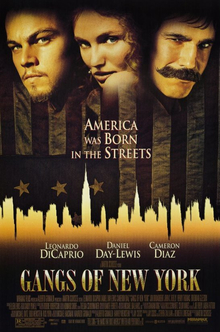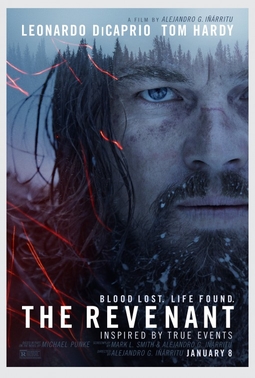 |
| Leonardo DiCaprio and Brad Pitt in Once Upon a Time in Hollywood |
Cast: Leonardo DiCaprio, Brad Pitt, Margot Robbie, Emile Hirsch, Margaret Qualley, Timothy Olyphant, Julia Butters, Austin Butler, Dakota Fanning, Bruce Dern, Mike Moh, Luke Perry, Damian Lewis, Al Pacino, Nicholas Hammond, Samantha Robinson, Rafal Zawierucha, Lorenza Izzo, Costa Ronin, Kurt Russell.
Screenplay: Quentin Tarantino.
Cinematography: Robert Richardson.
Production design: Barbara Ling.
Film editing: Fred Raskin.
With
Once Upon a Time in Hollywood, Quentin Tarantino proves himself to be perhaps the most superficial of our major filmmakers. I mean that as a compliment, recalling Oscar Wilde's remark, "All art is at once surface and symbol. Those who go beneath the surface do so at their peril. Those who read the symbol do so at their peril." Tarantino exerts a lot of effort getting things right so he can get them wrong. He meticulously re-creates the Hollywood of the late 1960s just so he can change history. And so, Sharon Tate is not murdered by the Manson family. Instead, Tex and Squeaky and Sadie are done in by the fictional Cliff Booth, Francesca Capucci, and Rick Dalton, the last incinerating Squeaky with a flamethrower -- perhaps the only "
Chekhov's flamethrower" in the history of movies, its existence and Dalton's prowess with it having been established earlier in the film. Tarantino did this kind of rewriting history before, in
Inglourious Basterds (2009), but without the kind of luxuriating in upending our knowledge of things the way he does here. Like almost all of his other films,
Once Upon a Time in Hollywood is a revenge fantasy, though here the revenge is the audience's: We get our gratification from revenge upon actuality, from seeing Sharon Tate spared a horrible death. But despite the violent outcome, this is also one of Tarantino's least violent films as well as one of his least flamboyant (perhaps owing to the absence of his signature actor, Samuel L. Jackson). It comes off eventually as a kind of homage to one of the film and TV industry's least honored periods: that late-'60s era, before the emergence of film brats like Coppola and Spielberg and Scorsese gave a new direction to movies, a macho time filled with spaghetti Westerns, James Bond ripoffs like the "Matt Helm" series, and private eye shows like "Mannix," when fading stars like Rick Dalton were scrounging for whatever work they could land. Tarantino himself was a small child then, so his re-creation of the period is, like most of his
oeuvre, drawn more from movies than from memory. Still, he knows how to create characters and write dialogue, and how to cast actors who can play and speak both. It won a well-deserved supporting actor Oscar for Brad Pitt, whose role seems to me at least as large as that of Leonardo DiCaprio, who was nominated as best actor but didn't win.

















